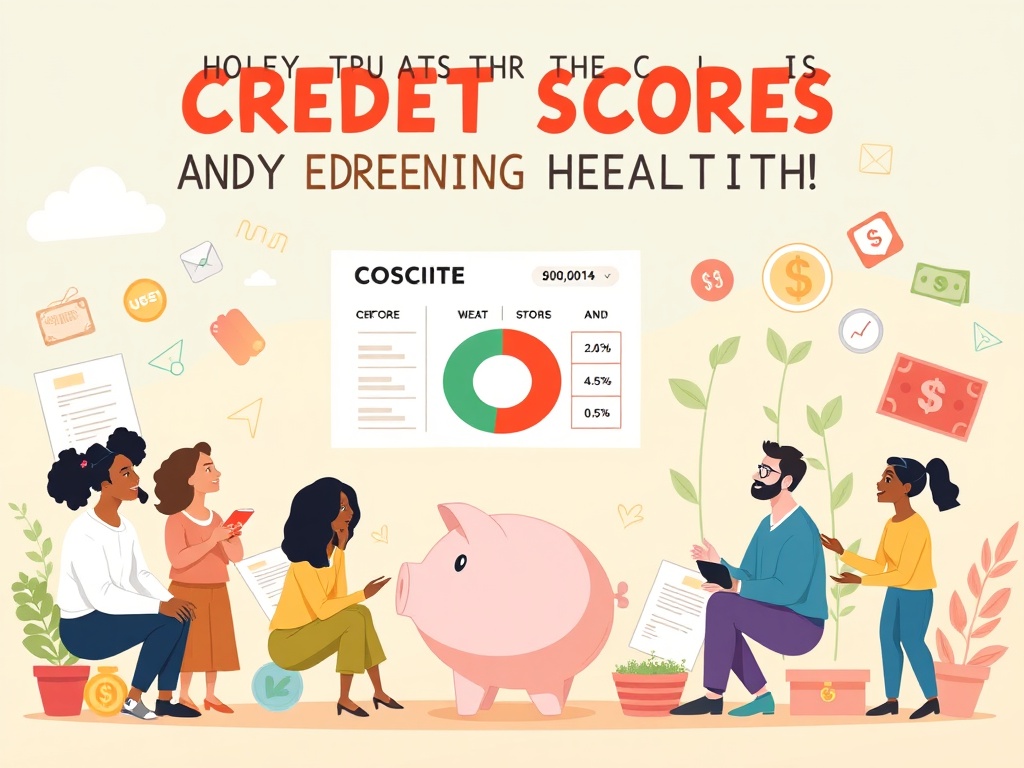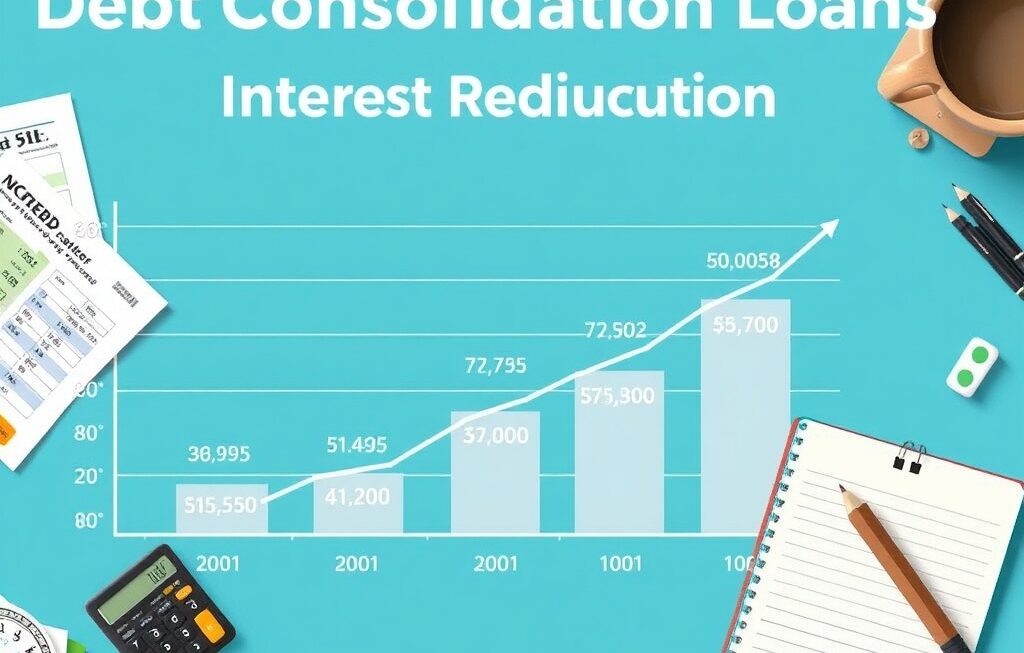How to Build and Maintain Strong Financial Health
In today’s fast-paced financial world, understanding credit scores is more important than ever. A credit score influences everything from loan approvals and interest rates to renting an apartment or even landing a job. Yet, many people don’t fully grasp how credit scores work or how to improve them.
In 2025, as digital banking and fintech lending expand globally, your credit score serves as a key indicator of your financial responsibility. Knowing how it’s calculated—and what habits help or harm it—can empower you to make smarter money decisions and achieve long-term stability.
This guide explains what credit scores are, how they’re determined, and the best ways to build and maintain a strong score for financial success.
What Is a Credit Score?
A credit score is a three-digit number that represents your creditworthiness—the likelihood that you’ll repay borrowed money responsibly. Lenders use it to assess risk before approving loans, credit cards, or mortgages.
Typically, scores range from 300 to 850, with higher numbers indicating better credit. The most common models are FICO and VantageScore, both widely used by banks and lenders.
Credit Score Ranges (FICO Example):
- 800–850: Excellent
- 740–799: Very Good
- 670–739: Good
- 580–669: Fair
- 300–579: Poor
Understanding where you fall within this range helps you take actionable steps to improve your financial reputation.
Why Credit Scores Matter
Your credit score impacts nearly every aspect of your financial life. A good score opens doors to lower interest rates, better loan terms, and even non-financial benefits.
Benefits of a Strong Credit Score:
- Easier loan and credit card approvals
- Lower interest rates and better repayment terms
- Higher credit limits
- More negotiating power with lenders
- Easier approval for rental applications or utilities
- Possible lower insurance premiums
Conversely, a low credit score can limit access to affordable credit and make achieving financial goals more challenging.
How Credit Scores Are Calculated
Credit scores are based on several key factors, each contributing differently to your overall rating.
Main Components of a Credit Score:
- Payment History (35%) – Whether you pay your bills on time.
- Credit Utilization (30%) – The percentage of available credit you’re using.
- Length of Credit History (15%) – How long your credit accounts have been open.
- Credit Mix (10%) – The variety of credit types (loans, credit cards, mortgages).
- New Credit (10%) – How often you apply for new credit accounts.
By managing each factor wisely, you can strengthen your score over time.
How to Build a Strong Credit Score
Building good credit takes consistency and discipline. Even if you’re starting from zero, it’s possible to establish a healthy credit history.
Steps to Build Credit Effectively:
- Pay bills on time – Payment history has the biggest impact on your score.
- Use credit responsibly – Keep credit utilization below 30%.
- Start small – Apply for a secured credit card or become an authorized user.
- Avoid unnecessary credit applications – Too many hard inquiries can lower your score.
- Monitor your credit report regularly – Check for errors or fraud through platforms like AnnualCreditReport.com.
Building credit is a gradual process, but every responsible action adds up to long-term financial strength.
How to Maintain a Good Credit Score
Once you have a solid score, maintaining it requires consistent habits.
Smart Maintenance Strategies:
- Continue paying all accounts on time.
- Avoid closing old credit cards unnecessarily—older accounts strengthen your score.
- Limit debt accumulation and monitor balances monthly.
- Diversify your credit mix when appropriate (e.g., adding an installment loan).
- Stay informed about your credit status through monitoring tools.
Stability and predictability are key to sustaining financial credibility.
Common Credit Score Myths
There are many misconceptions about credit scores. Understanding what’s true and what’s not helps you make better decisions.
Myth 1: Checking your credit lowers your score.
Fact: Checking your own score is considered a “soft inquiry” and doesn’t affect your rating.
Myth 2: Carrying a credit card balance improves your score.
Fact: Paying in full shows financial discipline—carrying debt only increases interest.
Myth 3: Closing old accounts boosts your score.
Fact: It can actually lower your score by shortening your credit history.
Myth 4: Only income affects credit.
Fact: Credit scores measure repayment behavior, not income level.
Understanding these truths helps you focus on actions that genuinely improve your credit.
Repairing a Damaged Credit Score
If your credit score has suffered, recovery is absolutely possible.
Steps to Repair Credit Effectively:
- Pay overdue accounts immediately.
- Negotiate payment plans with lenders or use debt consolidation.
- Dispute inaccurate items on your credit report.
- Avoid closing accounts during repair—stability helps.
- Rebuild gradually with secured cards or small installment loans.
Improving credit requires time, but consistent effort can lead to dramatic results within months.
The Role of Credit Monitoring
In the digital age, monitoring your credit is crucial to protect against identity theft and errors.
Recommended Credit Monitoring Tools:
- Credit Karma – Free access to reports and score updates.
- Experian CreditWorks – Real-time alerts and fraud protection.
- TransUnion Credit Monitoring – Detailed analysis of score changes.
Regular monitoring ensures early detection of problems before they cause serious damage.
How Credit Scores Influence Major Life Decisions
Credit scores don’t just affect borrowing—they can shape your overall lifestyle.
Examples of Real-Life Impact:
- Buying a home: Better scores lead to lower mortgage rates.
- Getting a car: Dealers offer favorable terms for high-credit buyers.
- Renting an apartment: Landlords often check credit before approval.
- Employment opportunities: Some employers consider credit history for key roles.
In short, understanding credit scores gives you more control over major financial and life choices.
How to Build Credit Without Debt
It’s possible to develop good credit without relying on large amounts of debt.
Debt-Free Credit Building Strategies:
- Use a secured card and pay in full monthly.
- Request credit limit increases periodically.
- Report recurring payments like rent or subscriptions through services like Experian Boost.
- Keep utilization low and accounts active with small, manageable charges.
This balanced approach helps establish credibility while avoiding financial risk.

In Summary
In 2025, understanding credit scores is essential for achieving financial independence and long-term stability. A strong score not only unlocks better financial opportunities but also reflects responsible money management.
By paying bills on time, keeping credit utilization low, maintaining diverse accounts, and monitoring credit regularly, anyone can build and sustain healthy credit. Whether you’re buying your first car, applying for a mortgage, or simply improving your financial future, your credit score is one of your most valuable assets.
Mastering it today will pave the way for greater confidence, flexibility, and financial success tomorrow.



